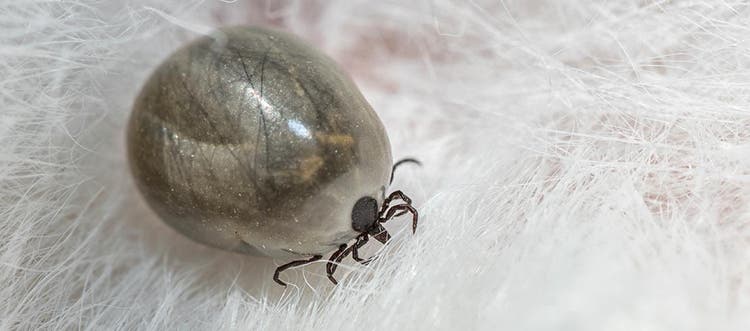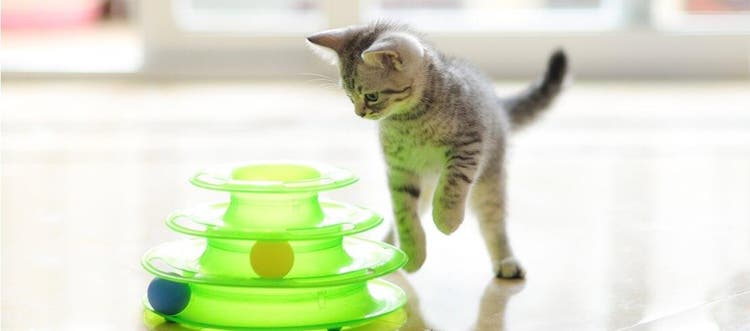Roundworms are a common parasite in cats and can affect felines of any age. Learn how to spot the symptoms of roundworm – and prevent and treat this parasite –with our comprehensive FAQ.
What are roundworms?
Roundworms are one of the most common types of worms found in domestic cats; they live in an infected cat’s small intestine. Because roundworms are easily spread and can be contracted in several ways, your cat is likely to become infected with this intestinal parasite at some time in its life.
What do roundworms look like?
Roundworms resemble pieces of spaghetti; they are white and cylindrical. The thousands of eggs they produce are passed in the cat’s feces, but they are tiny and can only be seen under a microscope.
How do cats get roundworms?
Cats get roundworms in three different ways:
- Roundworm eggs are passed in the feces of infected cats and can lie dormant in the environment, in litter trays, children’s sandboxes and in the soil for years. These eggs can then infect other cats if they are ingested.
- Roundworm eggs can also be ingested when cats catch and eat infected rodents and birds.
- Kittens can become infected with roundworm from their mother via her milk, which is why young kittens often have worms even when they’ve never been outside.
Are some cats more likely to get roundworm than others?
Roundworms can affect any breed of cat, at any age, though they are most common in kittens. Kittens are often infected with roundworms when they suckle their mother’s milk. Adult cats can become infected in a variety of ways, including by accidentally ingesting roundworm eggs from the environment (e.g., when grooming themselves after walking or lying on contaminated soil/sand/litter) and while hunting if they ingest infected rodents or birds.
What are the symptoms of roundworm infection?
An adult cat with roundworms will often show no signs of infestation, although vomiting and diarrhea can occur on occasion. You may also see roundworms in your cat’s feces. Kittens are more at risk and may show a variety of symptoms including vomiting, diarrhea, slow growth and dull fur.
How can I treat and prevent roundworms?
If your cat has roundworms, a variety of roundworm treatments are available.
Both topical and pill forms of treatment can help protect cats against intestinal worms. Talk to your veterinarian about a treatment and a de-worming protocol that will help protect your cat against intestinal worms.
Can I get sick if my cat has roundworms?
Cat roundworms can cause a disease in people called toxocariasis. Although rare, people can accidentally ingest roundworm eggs – for example, if they touch contaminated soil or feces and do not wash their hands thoroughly afterwards. If this happens, the larvae of the parasite can migrate into our tissues, potentially causing serious disease. In some cases, the roundworm larvae end up in the eyes, causing a condition called ocular larva migrans, which can lead to blindness.
What other measures can I take to reduce the risk of roundworm?
Practicing good hygiene helps reduce the risks to both pets and people:
- Pick up your cat’s feces from the backyard, and regularly clean your cat’s litter box.
- Wash your hands after cleaning up after your cat.
- Wash your cat’s bedding regularly, along with any blankets or cushions your cat uses for sleeping or grooming.









